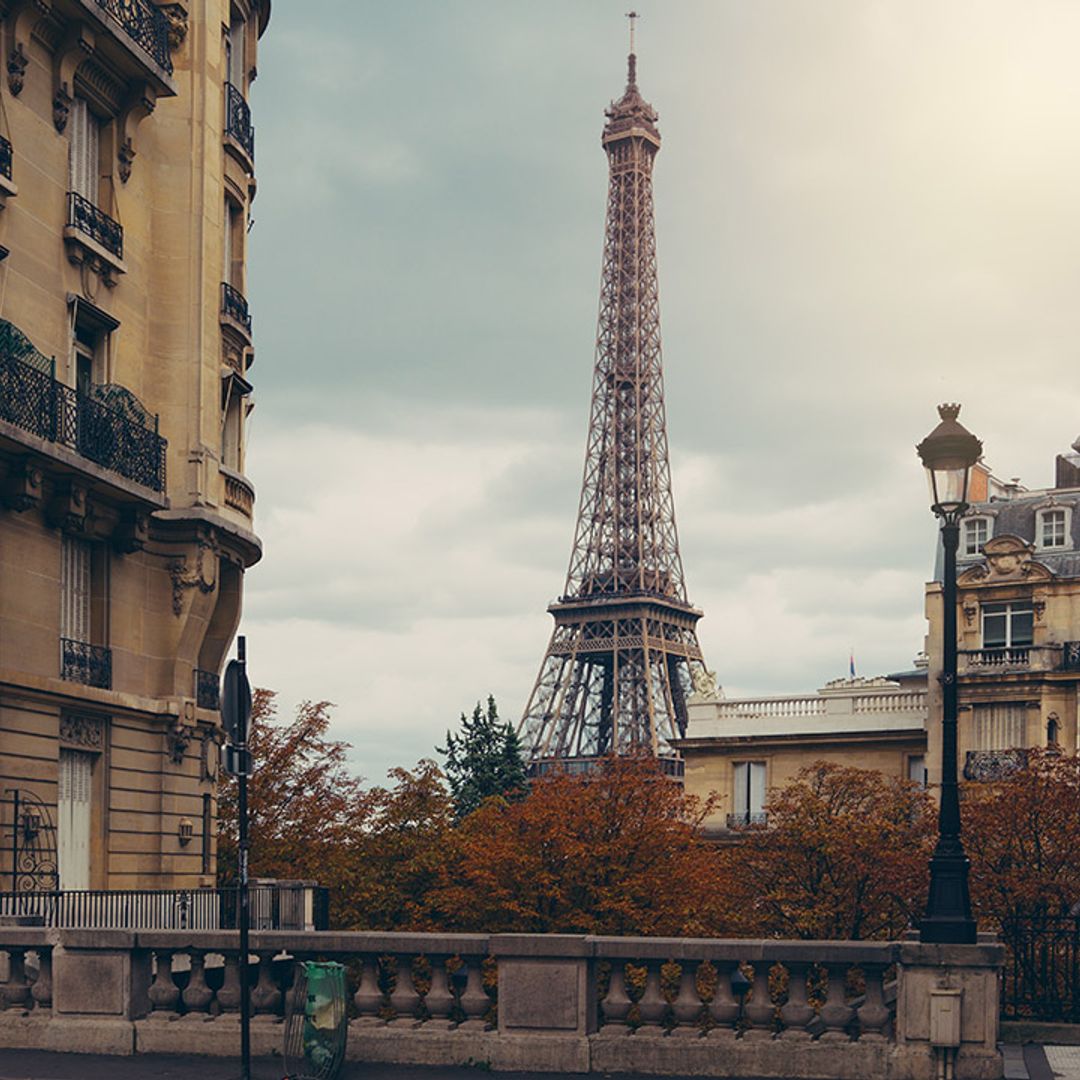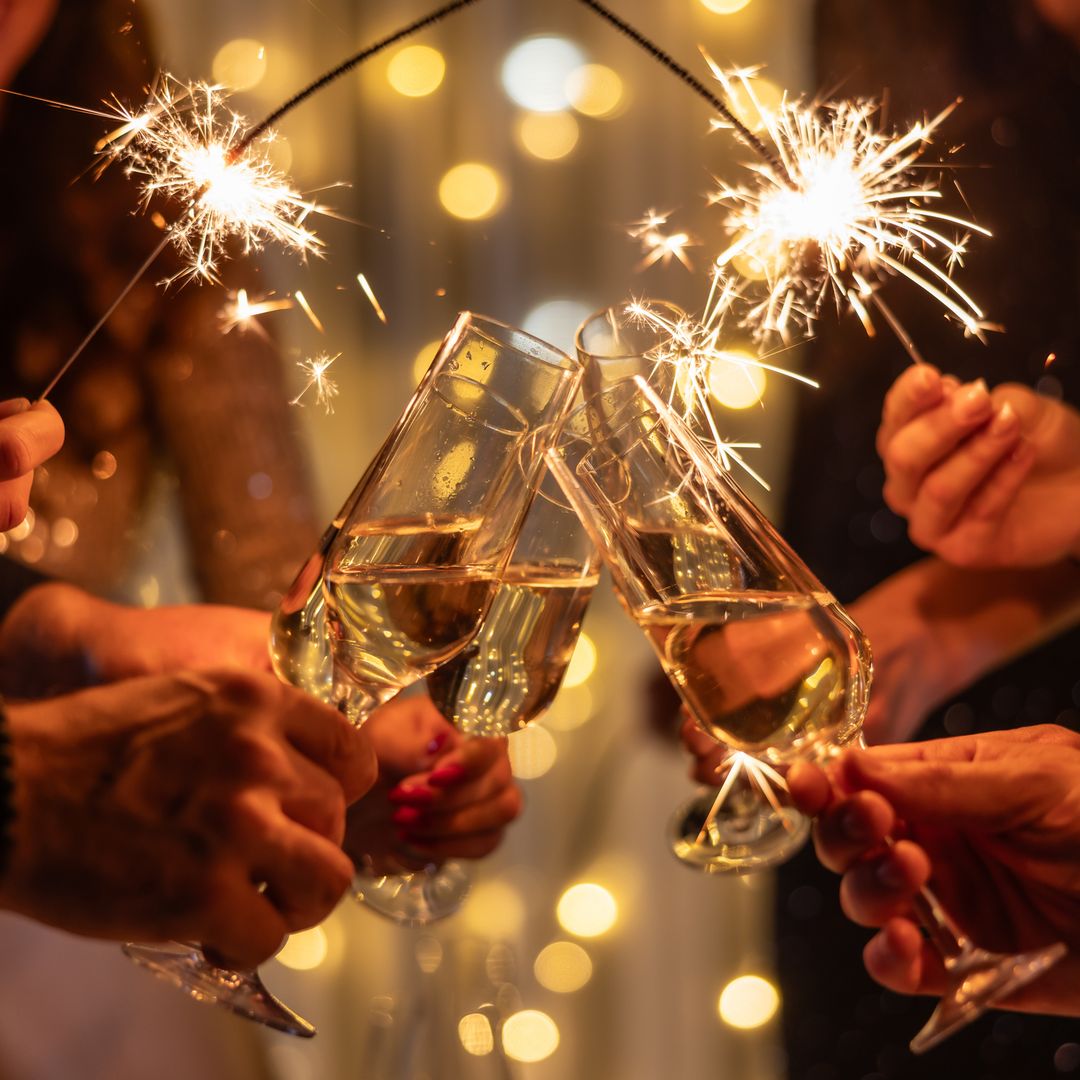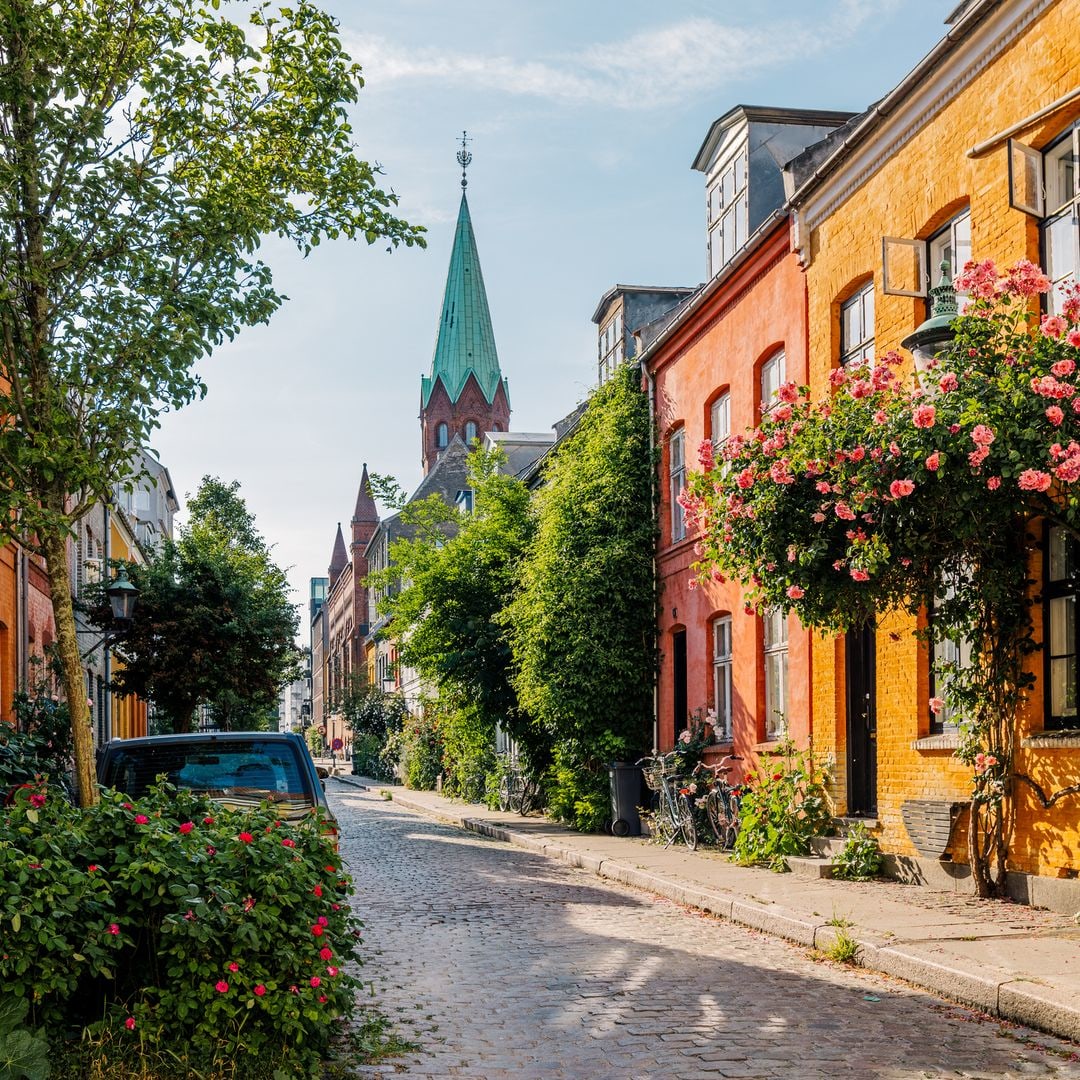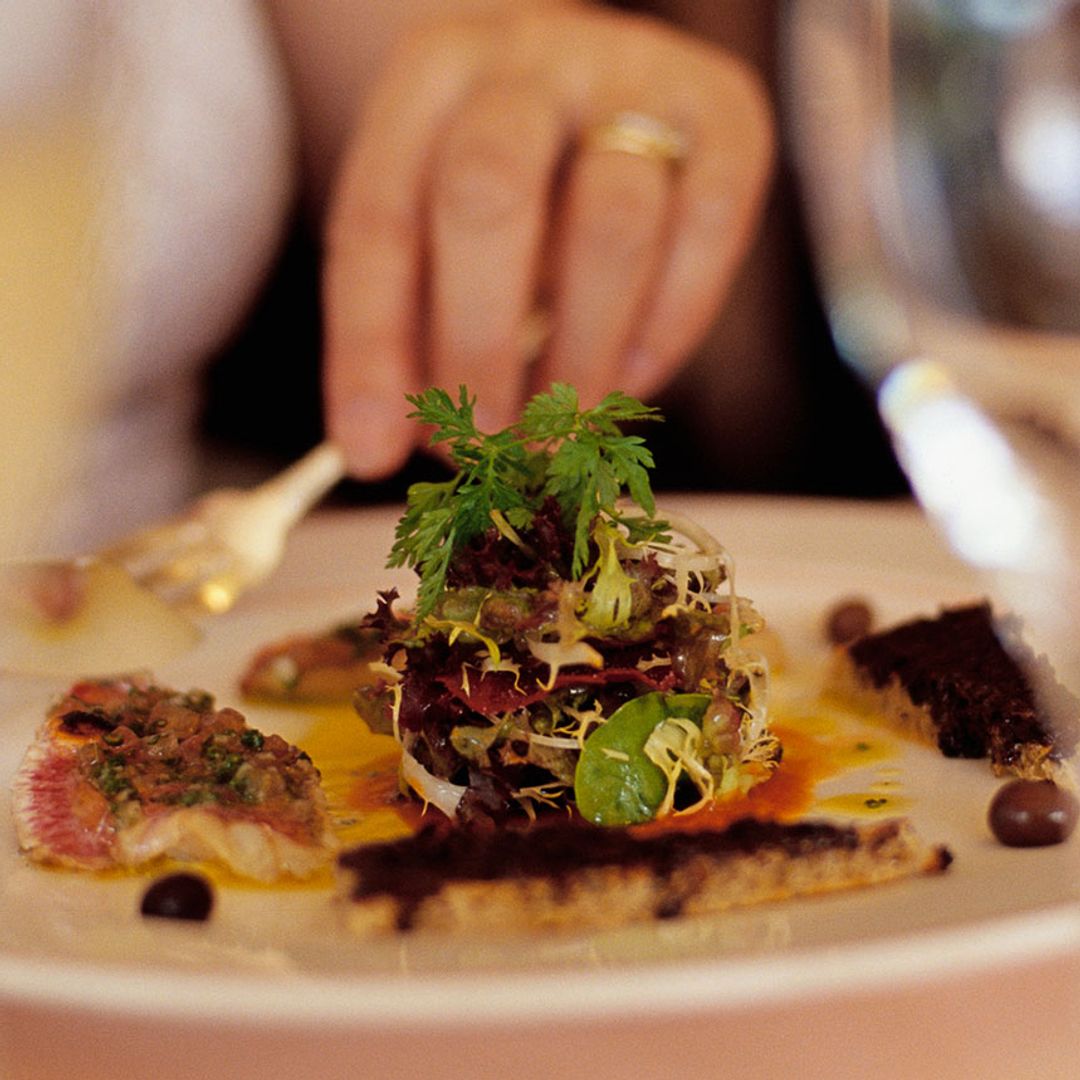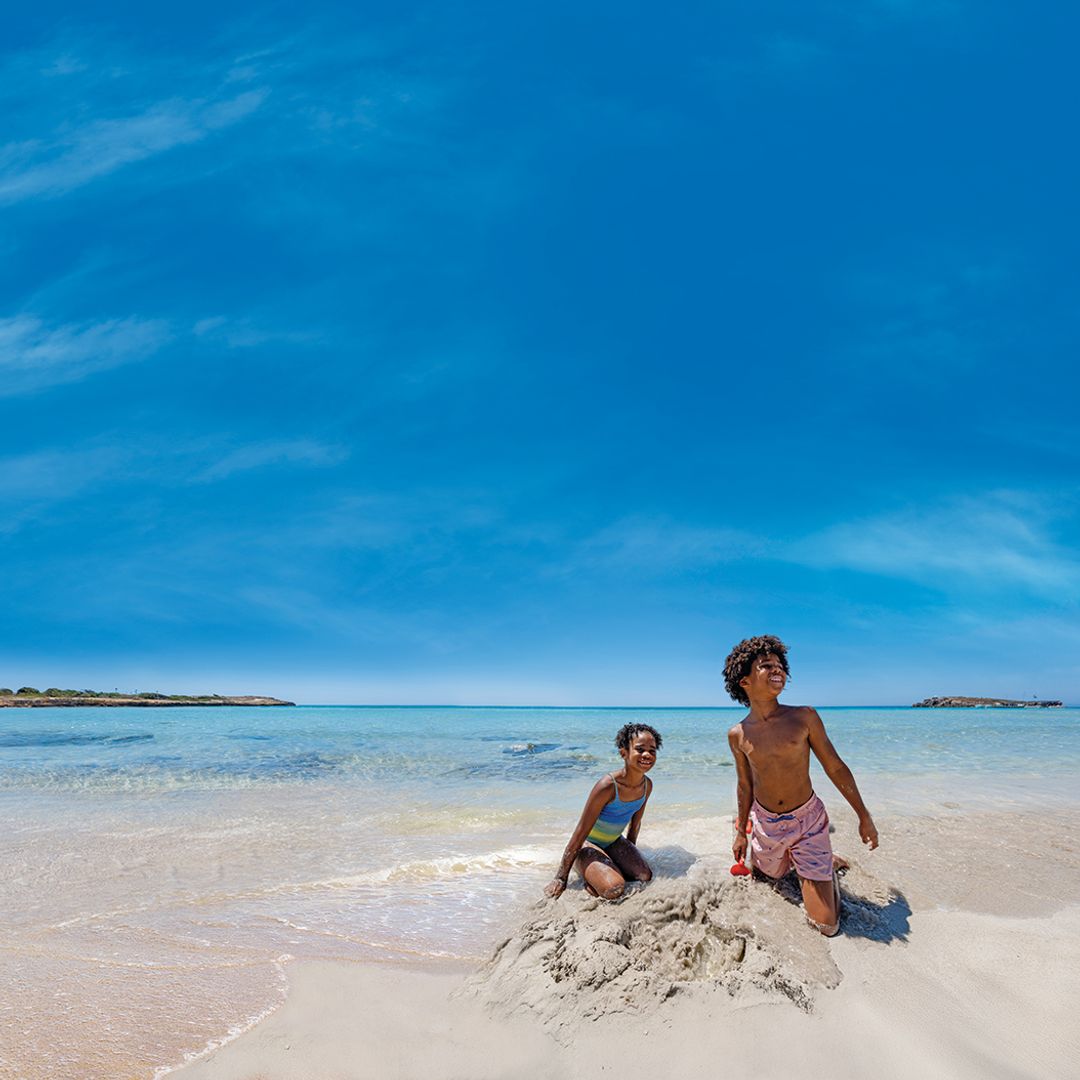Nowhere are the ancient festivities of Chinese New Year celebrated with such gusto and fervour as in the ultra-modern city of Hong Kong where the three main days of celebration will bring everything to a full stop. Here, in modern China's flagship city, seers and geomancers will ply their wares around the ancient temples, catering to the superstitious character of the Chinese who won't miss the opportunity to make their wishes for the year ahead and curry favour with their ancestors and gods by making offerings and burning incense.
In order to ensure good luck for the rest of the year, nothing is left to chance: the houses are cleaned from top to bottom and no trash from the old year is allowed to remain. Windows are left open to let the good luck flow in and no sweeping is done on New Year's Day, to avoid sweeping the good fortune away. Blades and sharp objects that might cut the flow of positive energy are hidden from view, and lights are left on all night to scare away demons. Everywhere sweets and treats abound, heralding a year of sweetness, and fresh flowers, too are a common gift at this time of year, and markets such as Victoria Park and Fa Hui Park are abuzz in the days leading up to the celebrations. Even more traditional are the small gifts of money wrapped in the classic red and gold lai see envelopes – the colours of good fortune – and all around you'll hear the phrase Kung Hei Fat Choi! repeated endlessly. The literal translation is along the lines of “be prosperous!” and the popular themes of the festivities are wealth, happiness and longevity.
Parades of floats and marching bands will crowd the downtown streets, as well as choreographed displays led by lion and dragon dances intended to scare aware all evil spirits. The real highlight, though, is the spectacular display of sound and light on the second day of celebration: the skyscrapers around Victoria Harbour are all decorated for the occasion with red ribbons and streamers bearing messages of good luck and all eyes turn skywards as, for around half an hour, fireworks synchronised with music light up the sky.Boat trips and cruises are organised on the bay for the event, providing an amazing vantage point to witness the pyrotechnic show above the flashing neon forest of skyscrapers of this oriental epicentre of entertainment and business. But the balconies on the heights of Victoria Peak also offer great panoramic views of the year's climactic night in this city where colonial heritage comes face-to-face with state-of-the-art architecture, and the latest in Western fashions and trends live alongside with the most ancient of traditions.
THE PRACTICALITIES
Entry requirements Check with your travel agent. A passport should be sufficient to visit Hong Kong, but if you intend to visit mainland China a visa will be needed; the agency organising the trip should be able to arrange this for you.
Chinese New Year 2011 According to the Chinese calendar, 2011 will be the Year of the Rabbit; the main celebrations will take place between February 2nd and 17th.
Where to stay The Peninsula, with its fleet of Rolls Royce waiting at the door for the exclusive use of guests, is the epitome of luxury in Hong Kong, but the city has a full range of top notch accommodation including other such gems as the ultra-stylish W Hong Kong, or the Intercontinental Hong Kong, where all restaurants and over half the rooms offer stunning views of Victoria Harbour, making it a perfect place to view the fireworks.
Gastronomy Traditionally, the Chinese New Year holiday begins with a big family dinner on the eve of the first day of the celebrations, and restaurants bustle with activity. Among the traditional dishes are different chicken and fish dishes – both symbolise prosperity – as well as noodles, which symbolise longevity, and, for good luck, the dish known as jai, or 'Buddha's Delight', made with tofu and a selection of vegetables including mushrooms, bamboo shoots, gingko nuts and spring onions. For dessert, there's the traditional New Year's pudding, ni gao, or little pastries resembling gold nuggets that are said to bring prosperity. Hong Kong city is full of restaurants serving cuisine from all around the world, and the establishments within the good hotels are a guarantee of quality. High up on The Peak, the spectacular Cafe Deco serves fine fusion cuisine with some of the best views of the harbour and Hong Kong's famous skyline.
Don't miss In this city of skyscrapers, hi-tech and the avant-garde, you'll find districts such as Lan Kwai Fong, with its crowded futuristic nightclubs, trendy restaurants and jazz clubs. But if you step away from the centre and visit the little port of Aberdeen, you can still see traditional fishermen and sampans; the old markets of Kowloon sell flowers, birds and jade, and in Hong Kong Park, early risers come to practise tai-chi.
